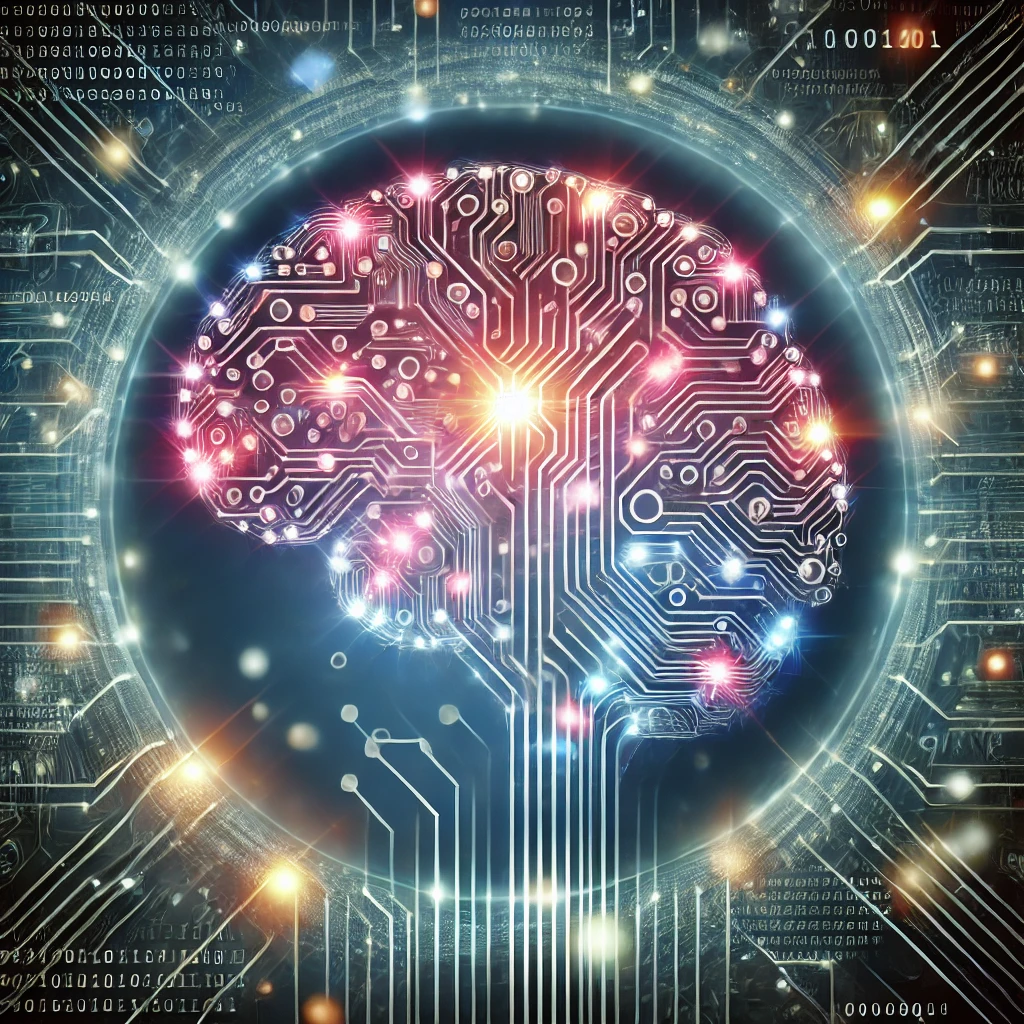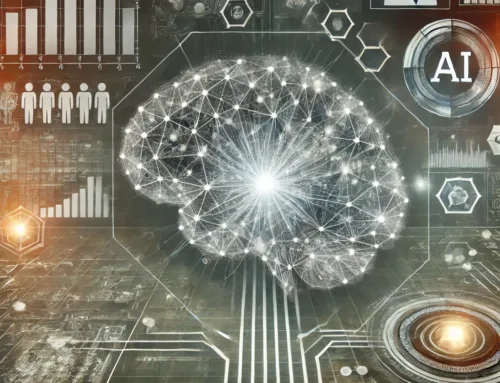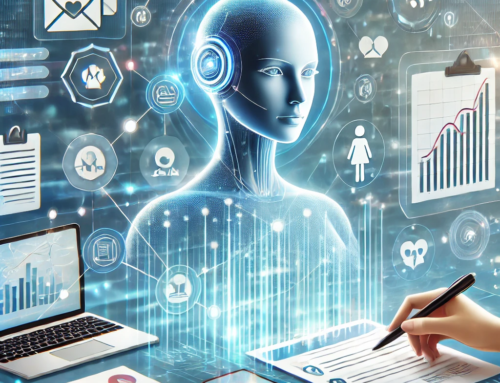AI CRM, or Artificial Intelligence Customer Relationship Management, is a relatively new concept that combines the power of AI with traditional CRM systems. AI CRM integrates advanced technologies like machine learning, natural language processing, and predictive analytics into CRM software to automate, enhance, and optimize customer relationship management processes. This integration helps businesses analyze large datasets in real time, predict customer needs, and streamline operations. By transforming CRMs into proactive tools, AI CRM has the potential to significantly boost business growth and customer satisfaction.
The landscape of customer relationship management (CRM) has undergone a profound transformation with the integration of Artificial Intelligence (AI). AI-infused CRM systems have not only redefined how businesses interact with customers but have also enhanced productivity, efficiency, and decision-making capabilities.
AI and CRM: A Transformational Integration
AI CRM integrates machine learning, natural language processing, and predictive analytics into CRM software, enhancing customer relationship management processes by making them more data-driven and proactive. AI helps businesses analyze enormous datasets in real time, which enables predictive insights, process automation, and personalized customer interactions. AI has brought forth capabilities that elevate traditional CRM systems from reactive tools to proactive assistants that help anticipate customer needs and streamline workflows.
Some of the key AI capabilities include lead prioritization, sales forecasting, and 24/7 chatbot support. The addition of generative AI, such as ChatGPT, has introduced even more potential, ranging from answering customer queries to automating communication processes and delivering real-time recommendations. These integrations have collectively made CRM systems more effective, giving businesses tools to improve customer satisfaction and operational efficiency.
Business Benefits of AI-Enhanced CRM
The integration of AI into CRM systems has led to substantial improvements in efficiency, customer engagement, and business agility. By automating routine tasks, AI reduces the time spent on administrative duties, allowing teams to dedicate more time to building relationships and developing strategies. Predictive analytics offer data-driven insights that guide decisionmaking, while personalized marketing and customer service initiatives lead to increased satisfaction and loyalty.
For businesses, this means a shift from reactive management of customer relationships to a proactive, insight-driven approach. AI capabilities help companies understand their customers better, anticipate their needs, and engage with them in meaningful ways. This evolution not only improves customer experiences but also drives higher conversion rates, better retention, and greater profitability.
Use Cases of AI in CRM
AI has found numerous applications across CRM systems, including:
- Answering Simple Requests: Generative AI can autonomously respond to basic CRM queries, such as details about a customer’s last purchase or address updates.
- Recommendation System: By analyzing a customer’s purchase history and preferences, AI can suggest products they might be interested in, enhancing personalized marketing efforts.
- Data Collection: AI can auto-populate CRM fields with minimal input, streamlining data entry processes for sales and service teams.
- Enhanced Lead Scoring: AI can analyze customer data and prioritize leads with a higher likelihood of conversion, ensuring that sales teams focus their efforts efficiently.
- Automation of Routine Tasks: AI automates repetitive processes like data entry, lead scoring, and scheduling, allowing human resources to focus on more strategic initiatives.
- Predictive Insights: Predictive analytics enable accurate sales forecasts, customer behavior predictions, and churn analysis, helping companies stay ahead of potential challenges.
- Personalized Customer Engagement: AI analyzes customer data to tailor interactions, offering personalized communication and recommendations to meet individual preferences.
- Improved Customer Support: AI-powered chatbots provide immediate responses to basic inquiries, ensuring 24/7 availability and enhanced customer satisfaction.
- Sentiment Analysis: Natural language processing tools gauge customer sentiment, helping businesses identify areas for improvement and capitalize on positive feedback.
How AI-Enhanced CRM Drives Business Growth and Customer Satisfaction
The integration of AI into CRM systems has led to a substantial improvement in efficiency, customer engagement, and business agility. By automating routine tasks, AI reduces the time spent on administrative duties, allowing teams to dedicate more time to building relationships and developing strategies. Predictive analytics offer data-driven insights that guide decisionmaking, while personalized marketing and customer service initiatives lead to increased satisfaction and loyalty.
For businesses, this means a shift from reactive management of customer relationships to a proactive, insight-driven approach. AI capabilities help companies understand their customers better, anticipate their needs, and engage with them in meaningful ways. This evolution not only improves customer experiences but also drives higher conversion rates, better retention, and greater profitability.
Conclusion
AI has fundamentally transformed CRM systems, making them smarter, more adaptive, and more effective tools for managing customer relationships. AI-driven CRM tools help businesses build stronger relationships with their customers, improve operational efficiency, and achieve more targeted and data-driven decision-making.
As AI continues to evolve, so too will CRM capabilities, offering new opportunities for growth, efficiency, and enhanced customer satisfaction. Embracing these tools is not only about staying competitive but also about positioning your business for future success.





